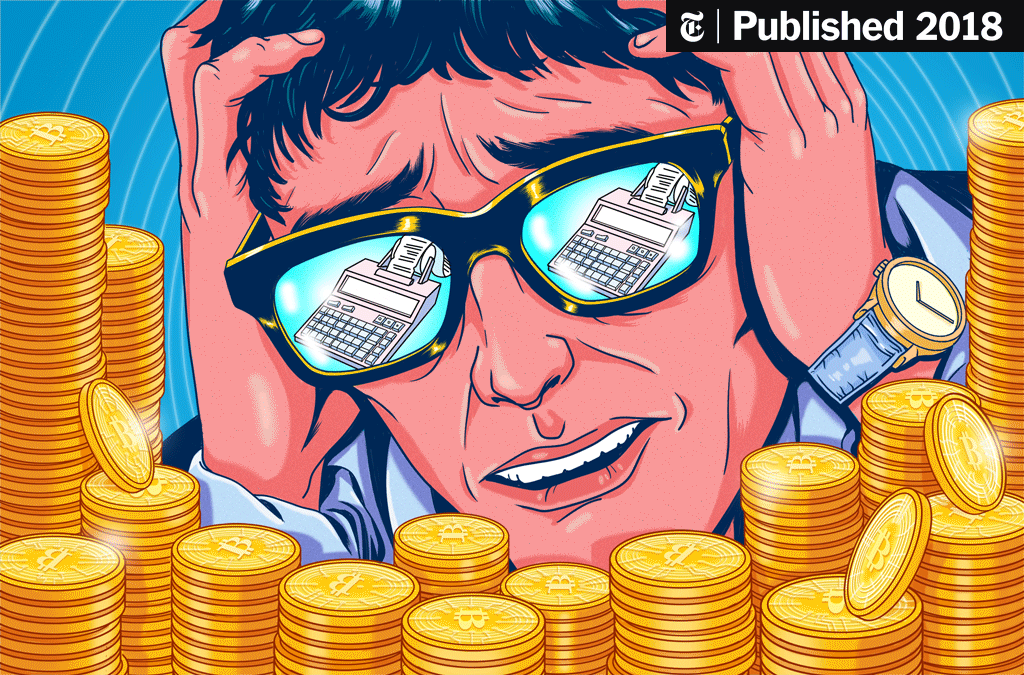RIO DE JANEIRO, BRAZIL – Many Brazilians invest in the stock market to supplement income or save. Among the diversified options available to them, a cryptocurrency fund revealed the growing interest in these assets in Latin America’s largest economy.
When it went public in April, the Hashdex Nasdaq Crypto Index fund (HASH11) attracted R$615.2 million (US$121 million) from 28,300 buyers, according to data from portfolio manager Hashdex.
Nearly three months later, its assets total R$1.4 billion (US$276 million) from 131,000 investors, 69% of them individuals.
“We had pent-up demand. Whoever did not feel comfortable investing in cryptos on their own (…) had access to the market with the same system as they did for the stock market,” Thales Inada, of the Spiti consultancy, explained to AFP.
HOW DOES IT WORK?
HASH11 was the first crypto asset Exchange Traded Fund (ETF) launched in Latin America and the third world.
ETFs are funds composed of assets that replicate the performance of an index. In this case, the Nasdaq Crypto Index (NCI), developed by the New York technology exchange Nasdaq and Hashdex to reflect the movement of the crypto market.
The fund brings together the market’s top eight cryptocurrencies by size and transaction security. The best-known ones, such as bitcoin and ethereum, figure in greater proportion.
In that way, this basket makes life easier for the investor, who can place his money in a fund spread across several cryptocurrencies without choosing between multiple options.
“Every three months, the fund is updated, and new cryptocurrencies can enter, and others leave,” explains Roberta Antunes, Head of Development at Hashdex.
Geologist and professor Ana Karoline Bezerra, 30, has been investing in the stock market for less than a year and became interested in HASH11 “because it is a simpler way to invest in cryptos.” Besides, he argues, it is a regulated product, contrary to cryptocurrencies.
“My goal is long-term. I am testing. I wanted to make at least 50% profit and reinvest that money to increase my wealth,” she explains.
Bezerra says cryptocurrencies are not her main investment focus. “At the beginning, it was a bit scary, because the fund went up a lot and then fell to almost half of the value. But I already knew that this market was very volatile, and that’s why I invested just a small percentage at risk. I am calm,” she assures.
MIGRATION TO THE STOCK MARKET
Interest rates at historically low levels and a rebound in inflation awakened many small investors’ desire to migrate part of their assets to higher-risk investments with a more attractive potential return.
Financial education via the internet and the possibility of performing operations from the computer or cell phone facilitated this movement.
Since 2019, the number of investors in the São Paulo Stock Exchange (B3) has increased from 1.4 million to 3.7 million. Many newcomers were attracted by cryptocurrencies and their promise of higher returns.
However, the lack of regulation of cryptos discouraged newcomers, and HASH11 made its way into that niche market.
The product is now the third-largest ETF in trading volume on the exchange, with a daily average of R$100 million (about US$18 million), according to Hashdex.
This ETF “had the objective of offering investors the possibility of diversifying through exposure to cryptocurrencies in a regulated environment,” highlighted the exchange’s vice president of Products and Clients, Juca Andrade.
A small investor can enter the fund with only R$29, about US$6. The administration fee or cost is 1.3% per year on the value invested.
Despite the possibility of high profits, “the recommendation is always a small contribution, up to 5% of the person’s assets” and “with a long-term vision. This minimizes the risk,” says Roberta Antunes.
EXPANSION OF THE CRYPTO MARKET
Some invest in cryptocurrency-based assets because they believe their use will expand.
“Each crypto-asset solves in an innovative and decentralized way a problem of the current system, which can be data storage, logistics, credit or artificial intelligence, among others,” highlights Thales Inada from Spiti.
Following HASH11, the first Latin American ETF tied to bitcoin exclusively began trading on the Brazilian exchange on June 23, with the code QBTC11.
“The crypto asset market gained confidence. From now on, it should grow very fast in the country,” Inada predicts.
Source: AFP


